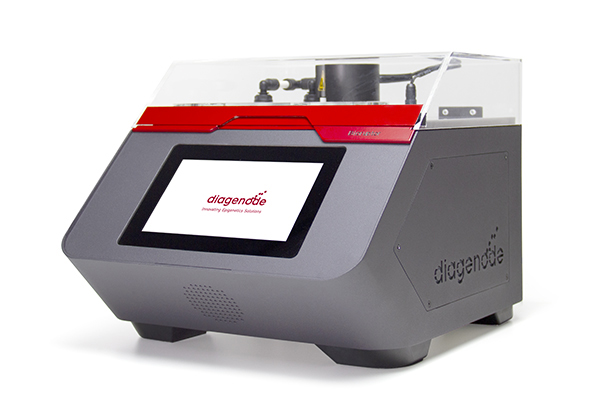Ghobashi A. H. et al.
Colorectal cancer (CRC) develops in part through the deregulation of different signaling pathways, including activation of the WNT/β-catenin and PI3K/AKT pathways. Enhancer of zeste homolog 2 (EZH2) is a lysine methyltransferase that is involved in regulating stem cell development and differentiation and is overexpressed in CRC. However, depending on the study EZH2 has been found to be both positively and negatively correlated with the survival of CRC patients suggesting that EZH2's role in CRC may be context specific. In this study, we explored how PI3K/AKT activation alters EZH2's role in CRC. We found that activation of AKT by PTEN knockdown or by hydrogen peroxide treatment induced EZH2 phosphorylation at serine 21. Phosphorylation of EZH2 resulted in EZH2-mediated methylation of β-catenin and an associated increased interaction between β-catenin, TCF1, and RNA polymerase II. AKT activation increased β-catenin's enrichment across the genome and EZH2 inhibition reduced this enrichment by reducing the methylation of β-catenin. Furthermore, PTEN knockdown increased the expression of epithelial-mesenchymal transition (EMT)-related genes, and somewhat unexpectedly EZH2 inhibition further increased the expression of these genes. Consistent with these findings, EZH2 inhibition enhanced the migratory phenotype of PTEN knockdown cells. Overall, we demonstrated that EZH2 modulates AKT-induced changes in gene expression through the AKT/EZH2/ β-catenin axis in CRC with active PI3K/AKT signaling. Therefore, it is important to consider the use of EZH2 inhibitors in CRC with caution as these inhibitors will inhibit EZH2-mediated methylation of histone and non-histone targets such as β-catenin, which can have tumor-promoting effects.

